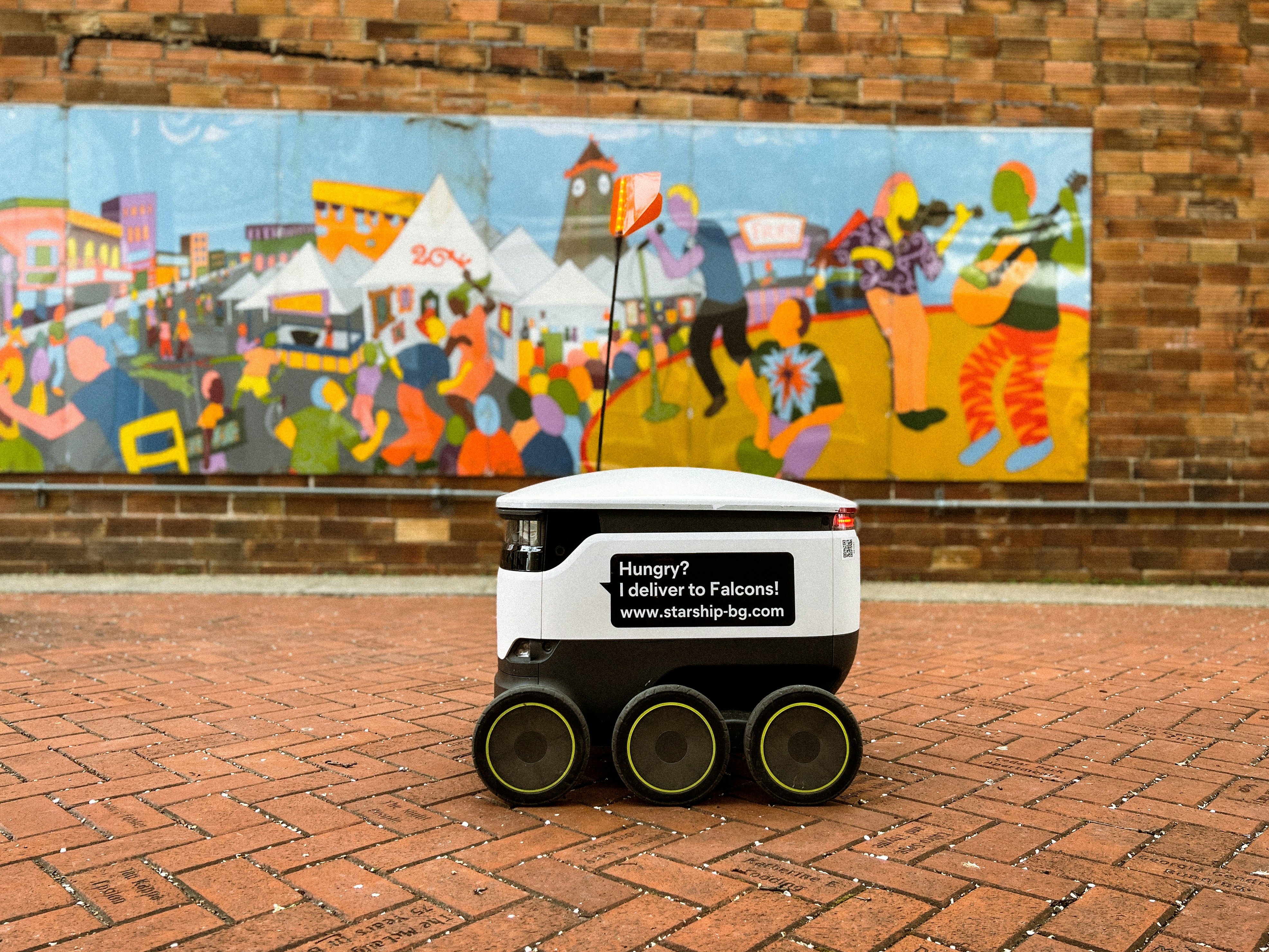PhD Research in Supply Chain Optimization: Challenges and Opportunities
Embarking on a journey for a PhD in Supply Chain Management (SCM) is a commitment to advancing knowledge in a field critical to global commerce and sustainability. A PhD SCM equips researchers with the tools to tackle complex logistical and operational issues, pushing the boundaries of efficiency and innovation. This demanding academic pursuit offers both significant hurdles and unparalleled chances to make a lasting impact.
Table of Contents
- The Evolving Landscape of PhD SCM Research
- Key Challenges in PhD SCM
- Opportunities for Impactful PhD SCM Studies
- Navigating Your PhD SCM Journey
The Evolving Landscape of PhD SCM Research
The global supply chain environment is in constant flux, driven by technological advancements, geopolitical shifts, and evolving consumer demands. This dynamic backdrop makes PhD SCM research not just relevant but essential. Researchers are tasked with developing models, frameworks, and strategies that can withstand disruptions, optimize resource allocation, and foster sustainable practices. The scope of SCM research has broadened significantly, moving beyond traditional logistics to encompass areas like digital supply chain transformation, ethical sourcing, and resilience building.
Key Challenges in PhD SCM
While the field is ripe with opportunities, pursuing a PhD SCM comes with its unique set of challenges:
Data Complexity and Availability
Modern supply chains generate vast amounts of data, from IoT sensors to transaction records. The challenge for a PhD researcher lies not just in accessing this often proprietary and disparate data, but also in effectively cleaning, processing, and analyzing it to extract meaningful insights. Handling big data ethically and securely is also a paramount concern. Without robust data, the empirical validity of research can be compromised.
Methodological Rigor
Conducting high-quality SCM research requires a strong grasp of diverse methodologies, including quantitative modeling, simulation, econometric analysis, and qualitative case studies. Researchers often grapple with selecting and applying the most appropriate methods to address their specific research questions, ensuring statistical validity and theoretical soundness. The multidisciplinary nature of SCM also means integrating methods from operations research, economics, and social sciences.
Bridging Theory and Practice
One of the persistent challenges in academic research, especially in applied fields like SCM, is ensuring that theoretical contributions have practical relevance. PhD candidates must often navigate the gap between abstract models and the messy realities of corporate operations. Engaging with industry partners and practitioners can provide invaluable insights but also presents challenges in managing expectations and data sharing.
Interdisciplinary Nature
Supply chain optimization is inherently interdisciplinary, drawing from engineering, business, computer science, and social sciences. This can be both a strength and a challenge for a PhD SCM student, requiring them to synthesize knowledge from various domains. Effective interdisciplinary research demands strong communication skills and the ability to collaborate across different academic paradigms. To learn more about interdisciplinary approaches, consider exploring resources on interdisciplinary research methodologies.
Opportunities for Impactful PhD SCM Studies
Despite the challenges, the field of PhD SCM is brimming with opportunities for groundbreaking research:
Sustainable Supply Chains
With increasing global awareness of environmental and social impacts, research into sustainable supply chain practices is crucial. This includes topics like circular economy models, green logistics, ethical sourcing, and measuring social impact. A PhD project in this area can significantly contribute to corporate social responsibility and environmental protection.
Digital Transformation and AI
The advent of technologies like Artificial Intelligence, Blockchain, and the Internet of Things (IoT) is revolutionizing supply chain operations. Research focused on how these technologies can optimize processes, enhance visibility, predict disruptions, and create autonomous supply chains offers immense potential. Understanding the strategic implementation and impact of these tools is a vital area for doctoral work.
Resilience and Risk Management
Recent global events have underscored the vulnerability of complex supply chains. Research into building resilient supply networks, developing robust risk assessment frameworks, and strategies for agile response to disruptions is more critical than ever. This includes examining geopolitical risks, natural disasters, and cybersecurity threats.
Comparing SCM Research Approaches
| Aspect | Traditional SCM Research | Modern SCM Research (PhD SCM Focus) |
|---|---|---|
| Primary Focus | Cost reduction, efficiency | Sustainability, resilience, digital transformation, ethical practices |
| Data Type | Structured, historical | Big data, real-time, unstructured, IoT, proprietary |
| Methodologies | Operations research, basic statistics | Advanced analytics, machine learning, simulation, econometrics, qualitative studies |
| Interdisciplinarity | Limited | High (engineering, computer science, business, social sciences) |
| Key Output | Optimized models, process improvements | Strategic frameworks, technological integration, policy implications, holistic solutions |
Navigating Your PhD SCM Journey
Successful navigation of a PhD program in SCM requires dedication, intellectual curiosity, and strategic planning. Early engagement with potential supervisors, developing a strong research proposal, and actively participating in academic conferences are essential steps. Networking with peers and faculty, both within your institution and globally, can open doors to collaborative opportunities and mentorship. Remember that the journey is as much about personal growth as it is about academic achievement. For more insights on academic career paths, you can visit our internal career guidance page.
Conclusion
A PhD SCM represents a profound commitment to understanding and improving the complex systems that underpin global trade. While the challenges, particularly in data handling, methodological rigor, and practical application, are significant, the opportunities for impactful research are even greater. By focusing on areas like sustainability, digital transformation, and resilience, doctoral candidates can contribute to a more efficient, equitable, and robust future for supply chains worldwide.


